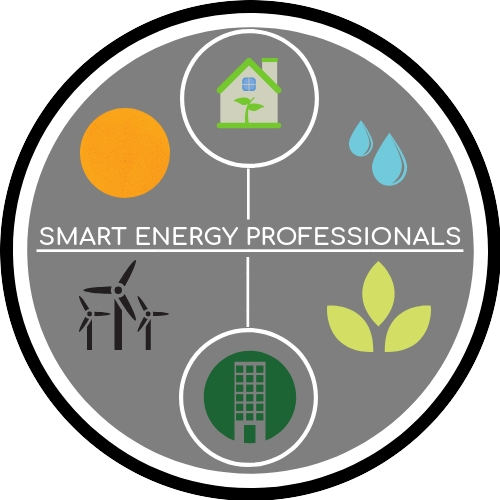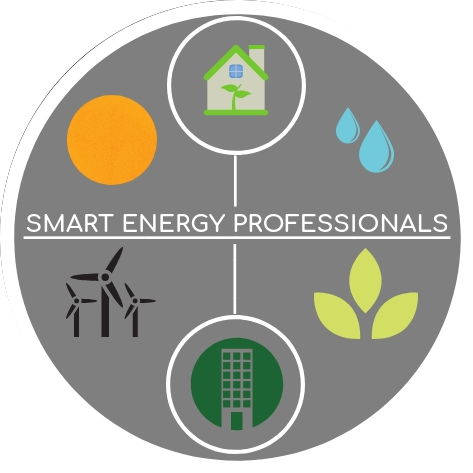The Beginner's Guide to Energy Efficiency in Maryland: Saving Energy and Lowering Costs
Welcome to the beginner's guide to energy efficiency in Maryland! In this blog, we will explore the importance of energy efficiency, the specific initiatives and programs available in Maryland, and practical tips you can implement to save energy, lower your utility bills, and contribute to a more sustainable future. Maryland is committed to promoting energy efficiency and offers various resources to help residents and businesses reduce their energy consumption. So, let's get started on your journey to energy efficiency!
The Importance of Energy Efficiency: Energy efficiency is crucial for several reasons, including cost savings, environmental benefits, and promoting a resilient energy grid.
Here's why energy efficiency matters in Maryland:
a. Lower Utility Bills: By reducing energy waste and optimizing energy use, you can significantly lower your monthly utility bills. Implementing energy-saving measures can save you money in the long run.
b. Environmental Impact: Energy efficiency helps reduce greenhouse gas emissions, combat climate change, and preserve natural resources. By using less energy, you contribute to a cleaner and more sustainable environment.
c. Grid Reliability: Energy efficiency helps reduce strain on the electrical grid, especially during peak demand periods. By reducing overall energy consumption, we can minimize the risk of blackouts and ensure a more reliable energy supply.
Maryland's Energy Efficiency Programs: Maryland offers a range of programs and initiatives to support energy efficiency for both residential and commercial consumers. These programs provide resources, incentives, and expert guidance to help you make energy-efficient choices.
Here are a few notable programs:
a. EmPOWER Maryland: This statewide initiative aims to reduce energy consumption by 15% by 2025. It offers a range of energy-saving programs, including rebates, energy audits, and financial incentives for implementing energy-efficient upgrades.
b. Maryland Energy Administration (MEA): MEA provides grants, loans, and other incentives to support energy efficiency and renewable energy projects. They offer programs for residential consumers, businesses, and local governments.
c. Residential Efficiency Programs: Maryland offers various programs for homeowners, such as the Home Performance with ENERGY STAR program. This program provides incentives for energy audits, insulation improvements, HVAC upgrades, and more.
d. Commercial Efficiency Programs: Maryland's commercial sector can benefit from programs like the Small Business Energy Efficiency Grant Program, which assists small businesses in implementing energy-saving measures.
Practical Energy-Saving Tips for Maryland Residents: Regardless of the specific programs available, there are simple steps you can take at home to improve energy efficiency:
a. Weatherization: Insulate your home, and air seal the attic and any easily accessible to prevent drafts and ensure proper sealing of windows and doors. This helps maintain a consistent indoor temperature, reducing the need for heating and cooling.
b. Energy-Efficient Lighting: Replace traditional incandescent bulbs with energy-efficient options like LEDs. LEDs use significantly less energy and last longer, saving you money on lighting costs.
c. Programmable Thermostats: Install programmable or smart thermostats to regulate your home's temperature efficiently. Set temperature schedules based on occupancy, optimizing energy use when you're home and reducing it when you're away.
d. Appliance Upgrades: When it's time to replace appliances, look for Energy Star-certified models. Energy-efficient refrigerators, dishwashers, washing machines, and other appliances can significantly reduce energy consumption. e. Energy Audits: Consider scheduling a professional energy audit for your home. Energy auditors can identify areas of energy waste and provide recommendations for improvements, potentially qualifying you for incentives and rebates.
Getting Involved in Community Initiatives: Maryland has a strong community focus on energy efficiency. Consider getting involved in local initiatives and organizations:
a. Community Energy Efficiency Programs: Check with your local government or community organizations for energy

